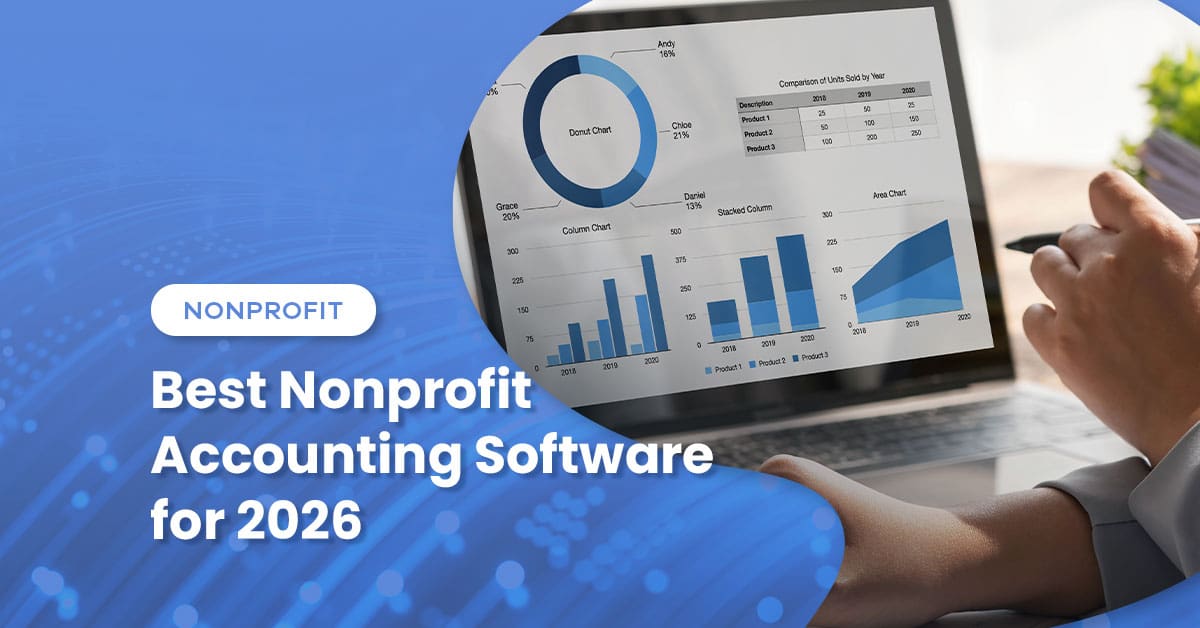The recently enacted “One Big Beautiful Bill” (OBBB) is reshaping the tax and planning landscape for high-net-worth (HNW) family real estate companies. With a mix of revived, expanded, and sunset provisions, this legislation carries significant implications for legacy-driven property owners.
Below is a practical advisory breakdown tailored for family offices, multi-generational partnerships, and privately held real estate groups.
Depreciation: 100% Bonus is Back, with Nuance
The OBBB restores 100% bonus depreciation for qualifying property placed in service after January 19, 2025. However, the treatment of in-progress development projects is key:
Transitional Rule
Projects with binding contracts or self-constructed assets commenced before January 19, 2025, may be eligible for a 100% bonus if placed in service after this date and proper documentation is provided. We anticipate receiving further guidance from the Treasury to understand how this will work.
Cost Segregation Relevance
For those with phased projects, cost segregation studies are crucial for identifying bonus-eligible components.
Advisory Note: Electing out of bonus depreciation may be wise in years where it would trigger unusable excess business losses (EBLs).
Excess Business Loss Limitations: A Speed Bump for Big Deductions
The OBBB makes the EBL limitation permanent. Currently capped at $500,000 (joint filers), any loss exceeding this is carried forward as an NOL.
Pros of Taking Depreciation:
- Accelerates tax deferral
- Converts passive cash flow into reinvestment capital
Cons:
- Suspends deductions that can’t be used
- Deferral timing may mismatch income realization
Strategy: Partial bonus elections or spreading depreciation over time optimize tax benefit without waste.
Qualified Opportunity Zones: Permanence Brings Planning Clarity
OBBB makes the QOZ program permanent:
- Capital gains can continue to be deferred into QOZ Funds beyond 2026.
- Rolling zone designations allow strategic long-term planning.
- Rural-focused OZs get enhanced basis step-ups.
Planning Tip: OZs are now a viable long-term strategy for intergenerational planning, especially when aligned with low-basis asset sales.
45L and 179D Energy Incentives: Countdown to Sunset
- Section 179D: Deductions sunset for projects started after June 30, 2026.
- Section 45L: Residential credits expire for units placed in service after that same date.
Action Required: Fast-track eligible projects and lock in modeling and certifications to qualify before deadlines hit.
Estate Tax Exemptions: Higher and Permanent
The estate and gift tax exemption is increased to $15 million per individual (indexed), up from $10M, and made permanent.
What This Means:
- More room for lifetime gifts of real estate or entity interests
- Higher GST exemption promotes dynasty trust planning
Opportunity: Utilize current exemptions to transfer appreciated assets into trusts, benefiting from valuation discounts.
Business Interest Limitation: Favorable Shift to EBITDA
OBBB restores the interest limitation to 30% of EBITDA (vs. EBIT), significantly expanding deductibility for real estate businesses.
Implications:
- Greater interest deductions enhance feasibility of debt-financed deals
- May reduce the need for 163(j) real property trade-off election (which slows depreciation)
1031 Exchanges: Intact and Untouched
Despite past threats, Section 1031 remains fully available for real estate exchanges.
Implication: Continue to defer gains, rebalance portfolios, and build legacy wealth without triggering immediate taxes.
Qualified Business Income (QBI): 20% Deduction Made Permanent
The Section 199A deduction for qualified pass-through income is preserved indefinitely.
- Applies to many rental real estate businesses
- Requires trade/business qualification and wage/property thresholds
Tip: Aggregating entities may help satisfy limitations and maximize deduction.
Strategic Implications for Financing and Long-Term Planning
- Tax Shield Enhancement: Bonus depreciation + interest deductibility = increased front-end tax sheltering
- Portfolio Timing: Consider staging income and loss recognition to navigate EBL and QBI thresholds
- Estate Planning Alignment: Utilize high exemptions while leveraging ongoing QOZ, 1031, and stepped-up basis rules
Conclusion
The One Big Beautiful Bill is a powerful tailwind for tax-conscious real estate families. But every opportunity is nuanced: bonus depreciation can backfire without EBL coordination; interest deductibility may shift depreciation elections; and green tax credits are in decline. The overarching theme? The strategic integration of tax law, financing, and estate planning is more crucial than ever.
Now is the time to re-model projections, revisit entity structures, and meet with advisors to align your strategy with the new landscape.





 Previous
Previous






